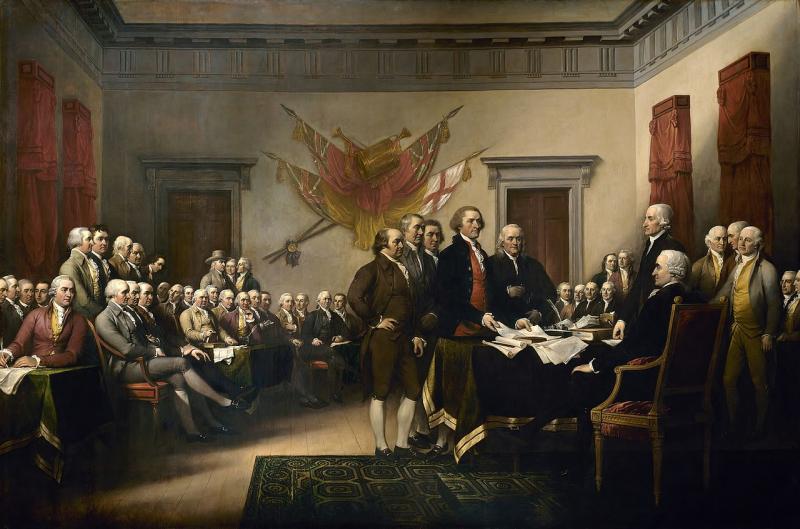
The 114th Congress will consider many important issues such as tax and immigration reform. Less well publicized is the important work Congress will conduct regarding intellectual property.
To help Members as they consider these important issues, ATR is proud to join sixty-six think tanks, advocacy organizations, scholars, issue experts, business groups and stakeholders in an open letter to Congress expressing our strong support for all types of IP.
While Congress will continue its important patent litigation reform efforts and we hope for success in the new Congress, there are also debates around intellectual property protection in the copyright review process and the free trade negotiations.
We must ensure that American creators, innovators, and entrepreneurs are protected from theft to maintain international competitiveness in the digital economy.
The letter outlines a framework and set of guidelines through which the signers collectively view intellectual property, and should serve as a valuable tool for Congress in these important discussions.
We believe that Congress’ focus should be on preserving and enhancing IP rights by fostering market based solutions to well documented and widespread IP theft.
As the letter observes “the best way to encourage creation and dissemination of new inventions and creative works to the benefit of both the public good and individual liberty is to recognize one’s right to his or her intellectual property.” As such, Congress should reflect on the integral role IP rights play in American economic, technological and cultural leadership.
To ensure America’s continued dominance in these critical areas, Congress should resist calls to weaken the rights of innovators, inventors, creators and entrepreneurs. Free trade agreements need to include language encouraging our trading partners to protect valuable American intellectual property.
As the letter concludes, “The Founding Fathers understood that by protecting the proprietary rights of artists, authors, entrepreneurs, innovators, and inventors, they were promoting the greater public welfare. The continued protection of these fundamental rights is essential to American innovation and competitiveness.”

